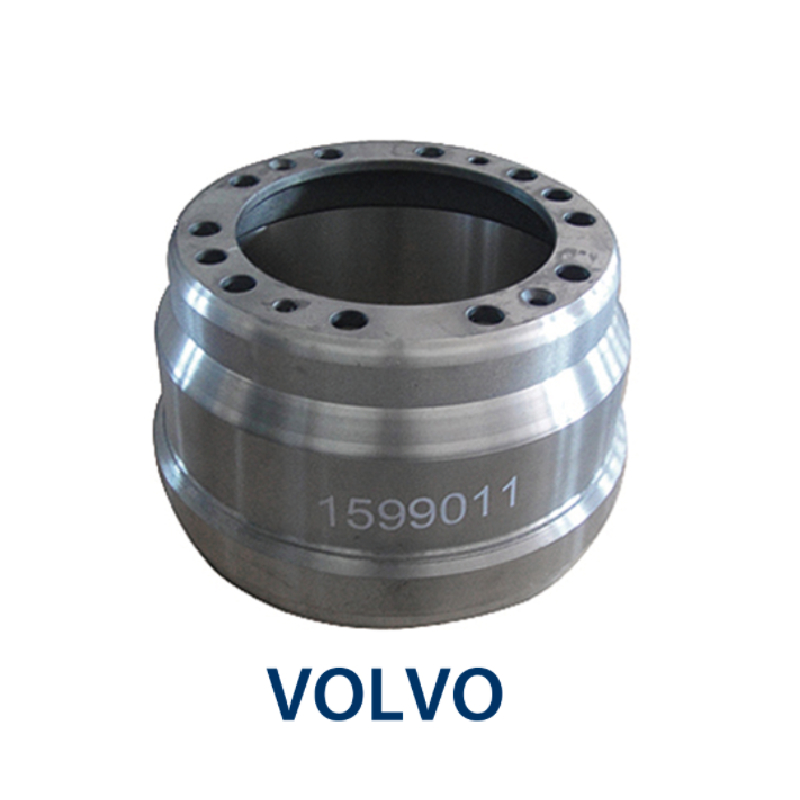Lis . 27, 2024 10:53 Back to list
Understanding Rear Brake Drum Shoes and Their Importance in Vehicle Safety
Understanding Rear Brake Drum Shoes Importance and Maintenance
When it comes to ensuring the safety and efficiency of a vehicle, one of the most critical components to pay attention to is the braking system. Among the various types of brakes installed in vehicles, rear brake drum brakes are a common choice, particularly in older models, light trucks, and some compact cars. At the heart of these systems lies the rear brake drum shoes, components that play a vital role in safely bringing the vehicle to a halt.
What Are Rear Brake Drum Shoes?
Rear brake drum shoes are curved friction components housed inside the brake drum. When the driver presses the brake pedal, hydraulic pressure is sent to the brake assembly, pushing the brake shoes outward against the drum’s inner surface. This contact creates friction, which slows down or stops the wheel’s rotation. Unlike disc brakes, where the brake pads clamp onto a rotor, drum brakes rely on the expansion of these shoes to create the necessary stopping power.
Types of Brake Shoes
There are generally two types of brake drum shoes bonded and riveted. Bonded shoes have a friction material that is glued to the shoe’s metal backing, allowing for a lighter and quieter operation. Riveted shoes, on the other hand, use metal rivets to secure the friction material. While riveted shoes may provide a more rigid connection, they can also produce more noise and may wear out the drum more quickly.
Importance of Rear Brake Drum Shoes
The efficiency of your vehicle’s braking system is significantly influenced by the condition of the rear brake drum shoes. Worn or damaged shoes can lead to reduced braking performance, longer stopping distances, and increased risk of brake failure, posing a serious safety hazard. Furthermore, neglected brakes can cause additional wear on the brake drum itself, leading to costly repairs. Thus, regular inspection and replacement of brake shoes are paramount in maintaining optimal braking efficiency.
rear brake drum shoes

Signs of Worn Brake Shoes
Fortunately, there are several signs that indicate when it might be time to replace your rear brake drum shoes. Common symptoms include
1. Squeaking or Squealing Noises High-pitched sounds when applying brakes often indicate that the friction material is worn down. 2. Grinding Noises If you hear grinding metal-on-metal sounds, this may suggest that the shoes are completely worn, potentially damaging the drum. 3. Reduced Braking Performance If your vehicle takes longer to stop or feels unsteady when braking, it may be time for a change. 4. Vibration or Pulsation Unusual vibrations during braking can indicate warped drums or uneven wear on the shoes.
Maintenance Tips
To ensure the longevity and efficiency of your rear brake drum shoes, consider the following maintenance tips
- Regular Inspections Schedule periodic brake inspections, especially if you notice any warning signs. - Brake Adjustment Drum brakes may require periodic adjustments to maintain proper shoe tension against the drum. - Quality Replacement Parts When it’s time to replace your brake shoes, opt for high-quality components from reputable manufacturers to ensure compatibility and performance. - Brake System Cleanliness Keeping the brake assembly clean from dust and debris can prevent premature wear of the braking components.
Conclusion
Rear brake drum shoes are essential components of a vehicle's braking system, contributing significantly to its overall performance and safety. Proper understanding, regular maintenance, and timely replacement can enhance braking efficiency and ensure a safer driving experience. Always consult with a qualified mechanic to assess the condition of your brake shoes and make necessary repairs or replacements. Prioritizing your brake maintenance today can help avoid serious issues and expenses down the road.
-
High-Quality Trailers for Towing Needs | Shop Now
NewsJul.25,2025
-
Premium MAN Shaving Kit for Effortless Comfort
NewsJul.25,2025
-
HINO Advanced Machinery Solutions - LONGYAO COUNTY YIHANG MACHINERY | Industrial Efficiency&Customization
NewsJul.21,2025
-
HINO Machinery Solutions - LONGYAO COUNTY YIHANG MACHINERY MANUFACTURING CO.LTD | Precision Engineering, Customizable Configurations
NewsJul.21,2025
-
HINO Machinery Solutions - LONGYAO COUNTY YIHANG MACHINERY MANUFACTURING CO.LTD | Precision Engineering, Customizable Configurations
NewsJul.21,2025
-
HINO Machinery Solutions - LONGYAO COUNTY YIHANG MACHINERY MANUFACTURING CO.LTD | Precision Engineering, Customizable Configurations
NewsJul.21,2025
